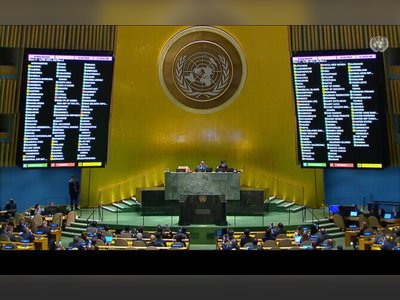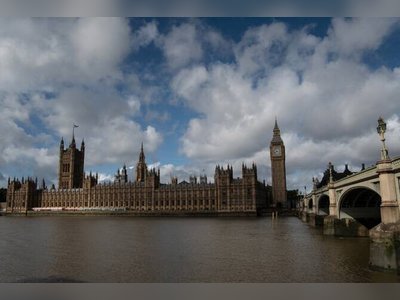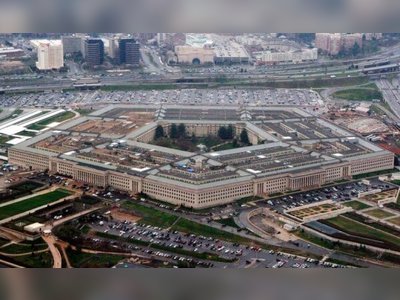Saudi Arabia Takes Lead in GCC's Carbon Credit Market
Saudi Arabia launches its first carbon trading exchange, positioning itself as a regional leader in carbon credits and sustainability.
Saudi Arabia has emerged as a leader in the Gulf Cooperation Council’s (GCC) carbon credit market, placing sustainability at the core of its environmental and economic strategy.
In November 2024, the Kingdom launched its first carbon trading exchange during the UN Climate Change Conference in Baku, marking a significant step in its commitment to environmental responsibility and Vision 2030 goals.
The exchange, managed by the Regional Voluntary Carbon Market Co., features carbon credits from global projects, including those in Bangladesh, Brazil, and Ethiopia.
This move aligns with Saudi Arabia’s broader efforts to achieve net-zero emissions by 2060 and is expected to play a pivotal role in reaching a projected market size of $3.27 billion by 2030. Saudi Arabia's carbon credit initiatives are anchored in stringent regulatory frameworks focused on quality and transparency, which differentiate it from other regional markets.
As part of this strategy, the Kingdom has implemented cutting-edge technology such as drones and artificial intelligence to monitor and measure the environmental impact of carbon credits.
The launch of the carbon exchange has sparked interest across the GCC, with neighboring countries such as the UAE and Oman advancing their own carbon credit infrastructures, signaling the potential for a unified regional market.
These developments are part of Saudi Arabia’s broader sustainability efforts, which include significant investments in carbon capture technologies, green finance initiatives, and large-scale renewable energy projects.
With these measures, the Kingdom is positioning itself as a key player in the global transition to a low-carbon economy.
In November 2024, the Kingdom launched its first carbon trading exchange during the UN Climate Change Conference in Baku, marking a significant step in its commitment to environmental responsibility and Vision 2030 goals.
The exchange, managed by the Regional Voluntary Carbon Market Co., features carbon credits from global projects, including those in Bangladesh, Brazil, and Ethiopia.
This move aligns with Saudi Arabia’s broader efforts to achieve net-zero emissions by 2060 and is expected to play a pivotal role in reaching a projected market size of $3.27 billion by 2030. Saudi Arabia's carbon credit initiatives are anchored in stringent regulatory frameworks focused on quality and transparency, which differentiate it from other regional markets.
As part of this strategy, the Kingdom has implemented cutting-edge technology such as drones and artificial intelligence to monitor and measure the environmental impact of carbon credits.
The launch of the carbon exchange has sparked interest across the GCC, with neighboring countries such as the UAE and Oman advancing their own carbon credit infrastructures, signaling the potential for a unified regional market.
These developments are part of Saudi Arabia’s broader sustainability efforts, which include significant investments in carbon capture technologies, green finance initiatives, and large-scale renewable energy projects.
With these measures, the Kingdom is positioning itself as a key player in the global transition to a low-carbon economy.














